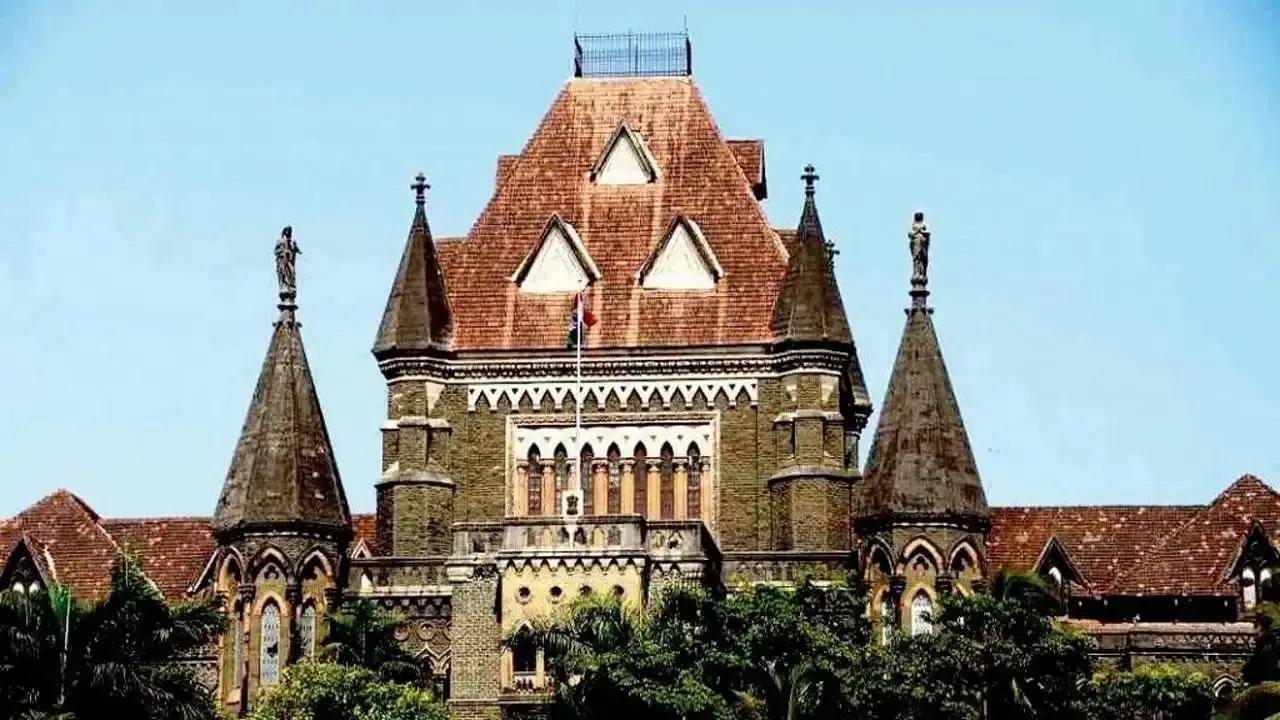Bombay High Court expressed concerns about recently amended Information Technology (IT) Rules, stating that they grant "unfettered power" to government authorities without clear guidelines.

Bombay High Court/ File Photo
The Bombay High Court expressed concerns about the recently amended Information Technology (IT) Rules, stating that they grant "unfettered power" to government authorities without clear guidelines. The court made these remarks while hearing petitions filed by various groups, including stand-up comedian Kunal Kamra, the Editors Guild of India, and the Association of Indian Magazines. These groups argue that the amended rules are arbitrary and unconstitutional and could negatively impact citizens' fundamental rights.
ADVERTISEMENT
According to a PTI report, Solicitor General Tushar Mehta, representing the Union government, clarified that the IT Rules were not designed to restrict free speech, satire, or criticism of the government, including the prime minister. Instead, the amendments aimed to establish a balanced mechanism to address the challenges posed by unregulated social media.
Mehta emphasized that the Rules did not target humour or satire unless they crossed the line into obscenity or vulgarity. He stressed that the government welcomed constructive criticism and diverse opinions.
However, the Bombay High Court expressed reservations about the broad scope of the Rules and the absence of clear guidelines. The court questioned the necessity of a separate Fact Checking Unit (FCU) when the Press Information Bureau (PIB) was already engaged in fact-checking on social media, the report further stated. "You (government) have a PIB which has its presence on social media. Why then was this amendment required and for an FCU to be set up? I think this amendment wants to do something more," Justice Patel said.
Justice Gautam Patel raised concerns about trusting the FCU as the ultimate arbiter of truth without checks and balances. The court noted that the term "government business" in the Rules was insufficiently defined.
Mehta argued that the term was well-demarcated, distinguishing between the actions of the executive branch as government business and the prime minister's actions as separate from government business.
The court underscored the importance of having guidelines and guardrails to prevent an excessive concentration of power in government hands. It noted that the IT Act was confusing in its definition of the word "information."
Mehta maintained that the Rules focused on fake and false facts, not opinions or criticism. He acknowledged that people could express their views and criticize the government, but disseminating fake or misleading facts would not be allowed.
The hearing will continue to address these concerns and clarify the amendments to the IT Rules. The court previously extended the notification of the FCU until October 3, following the petitions filed against the Rules' amendments earlier this year.
The IT Rules were amended in April 2023, with provisions for a Fact Checking Unit to identify fake, false, or misleading online content related to the government.
 Subscribe today by clicking the link and stay updated with the latest news!" Click here!
Subscribe today by clicking the link and stay updated with the latest news!" Click here!







